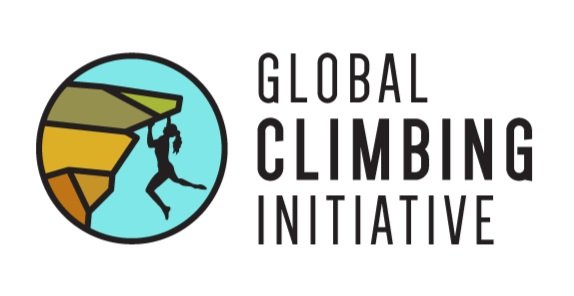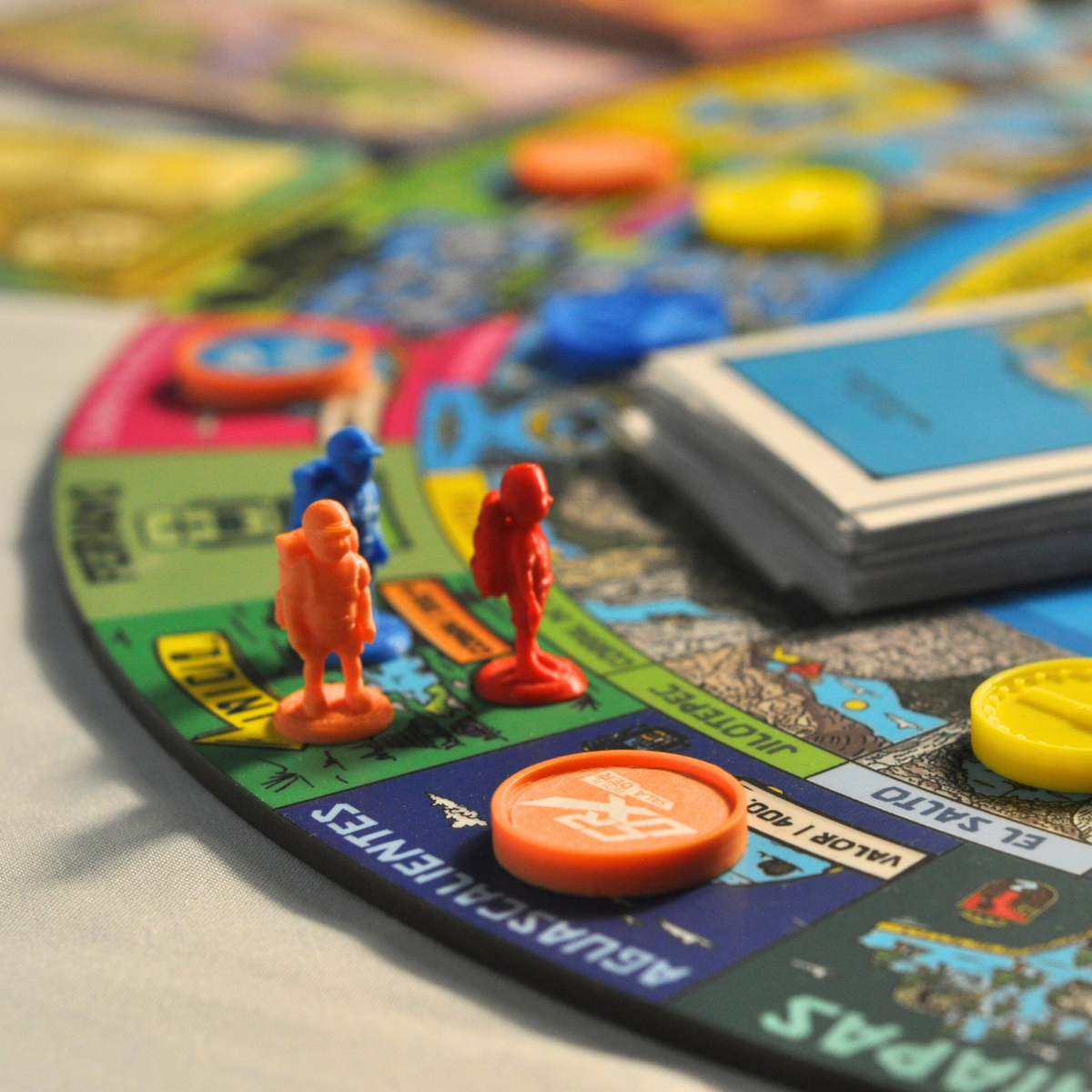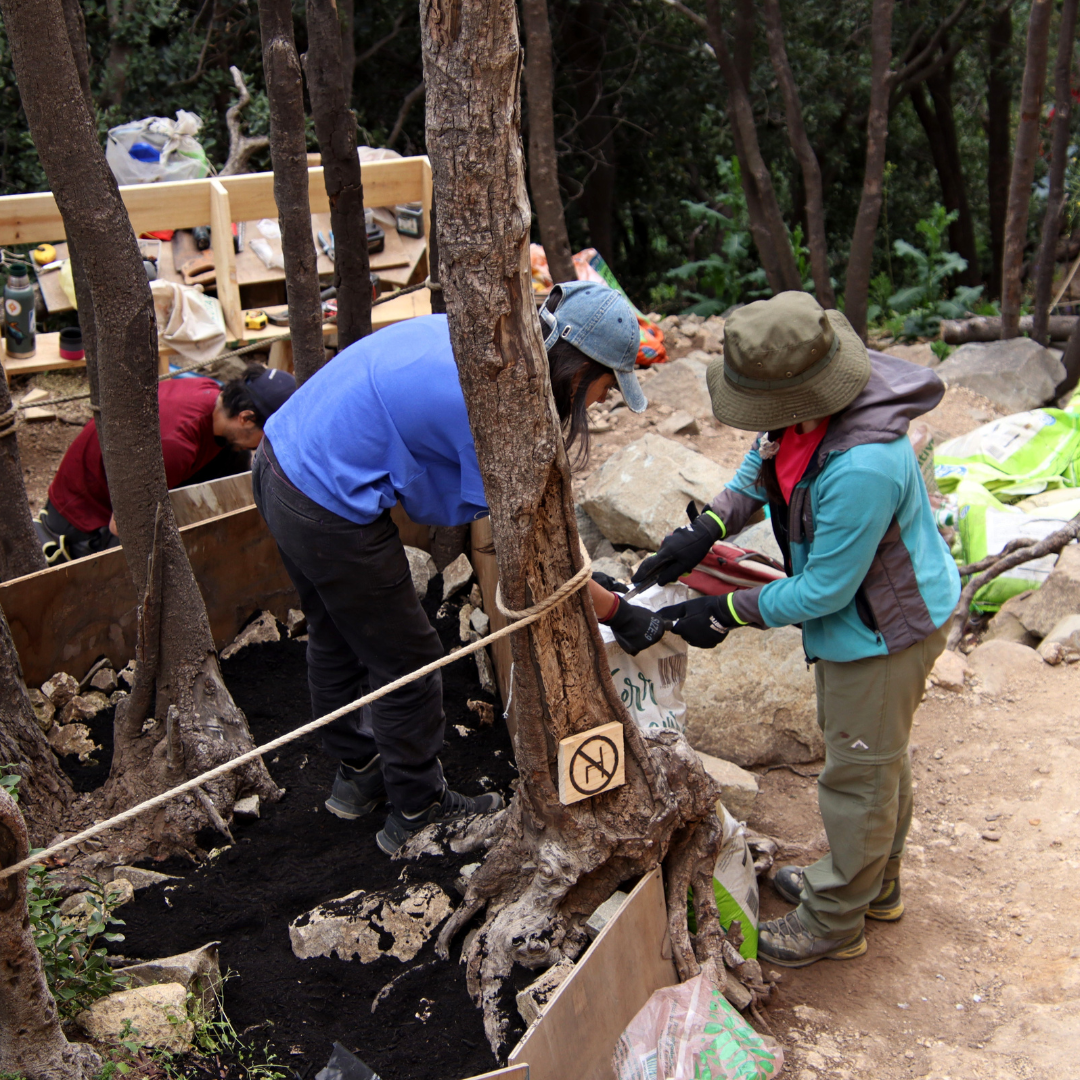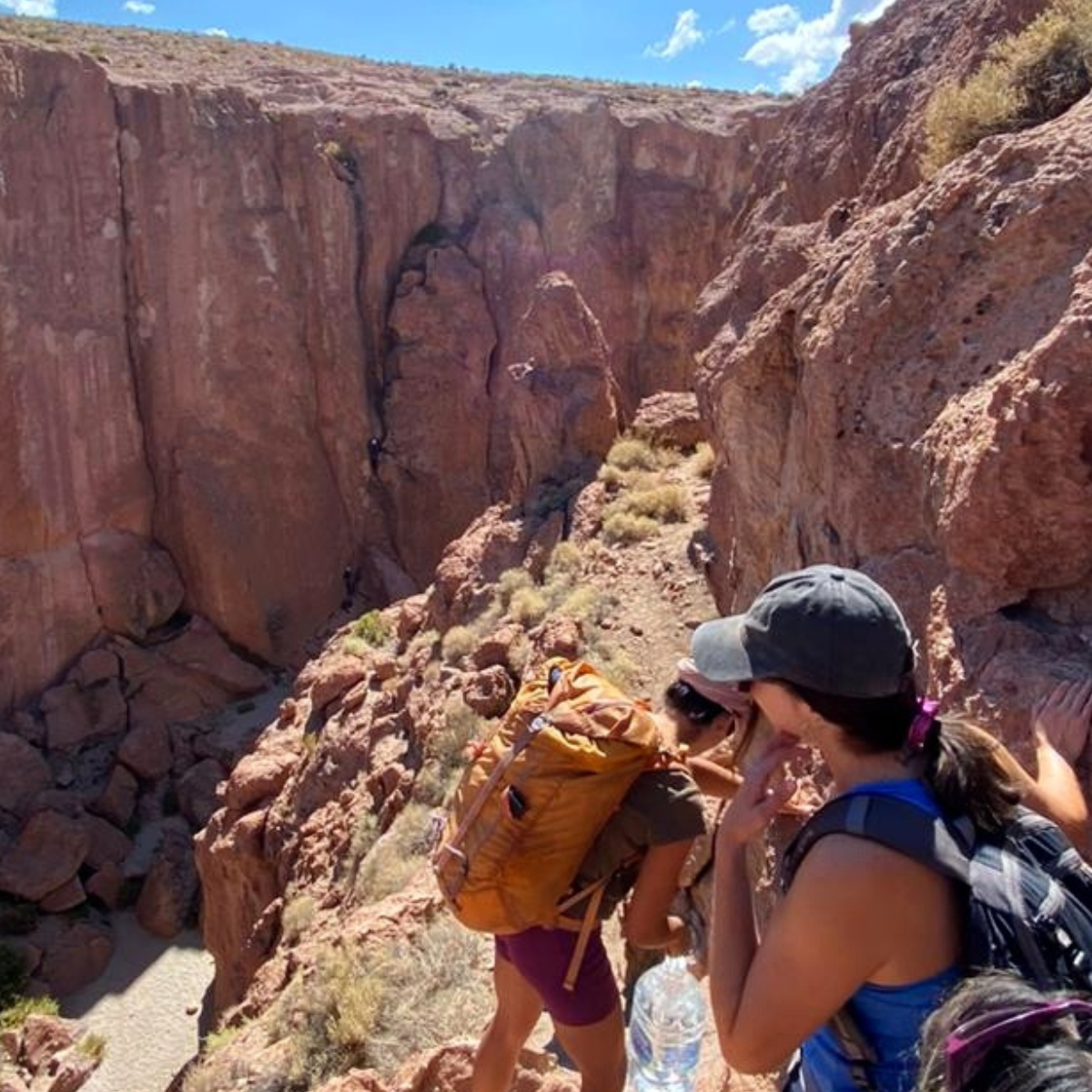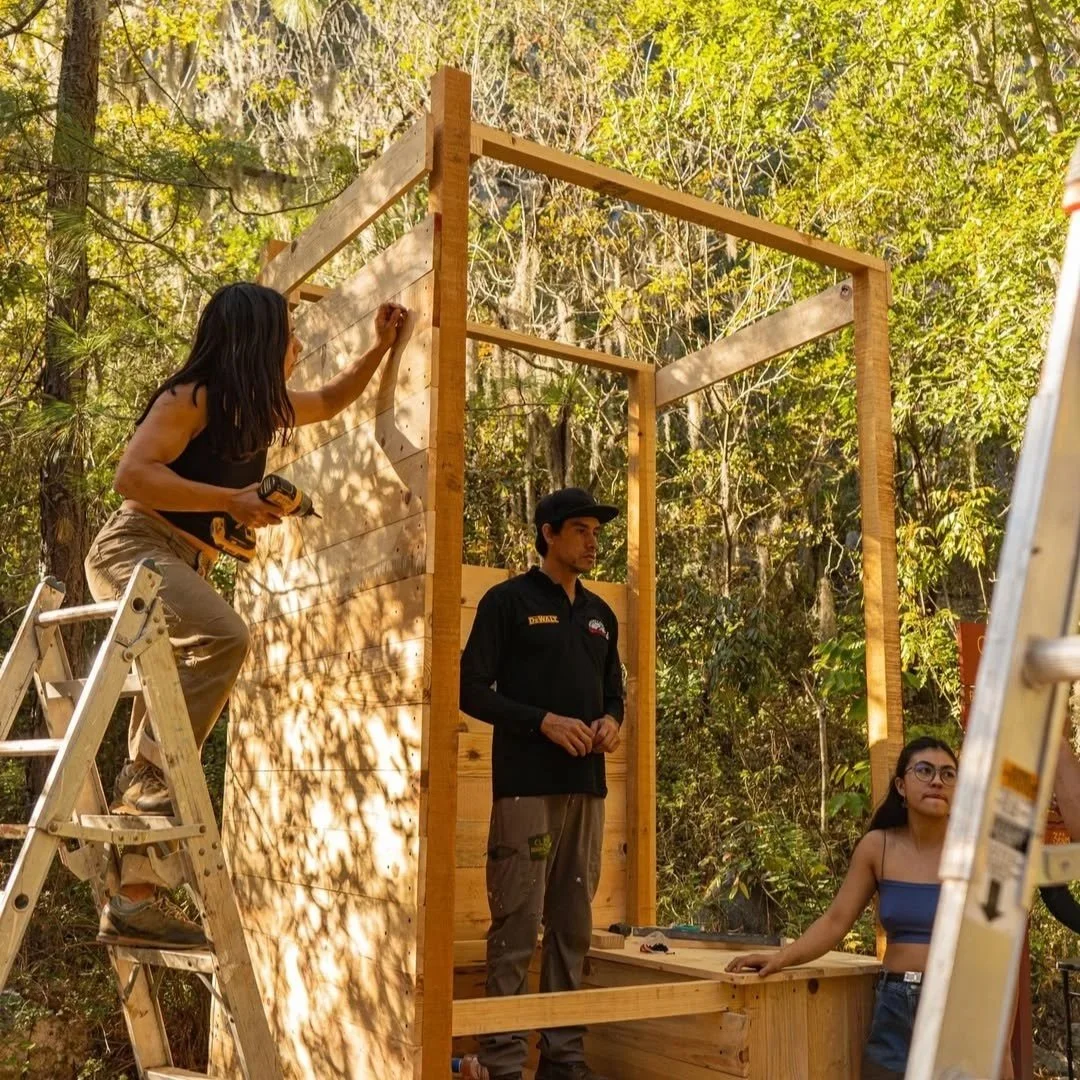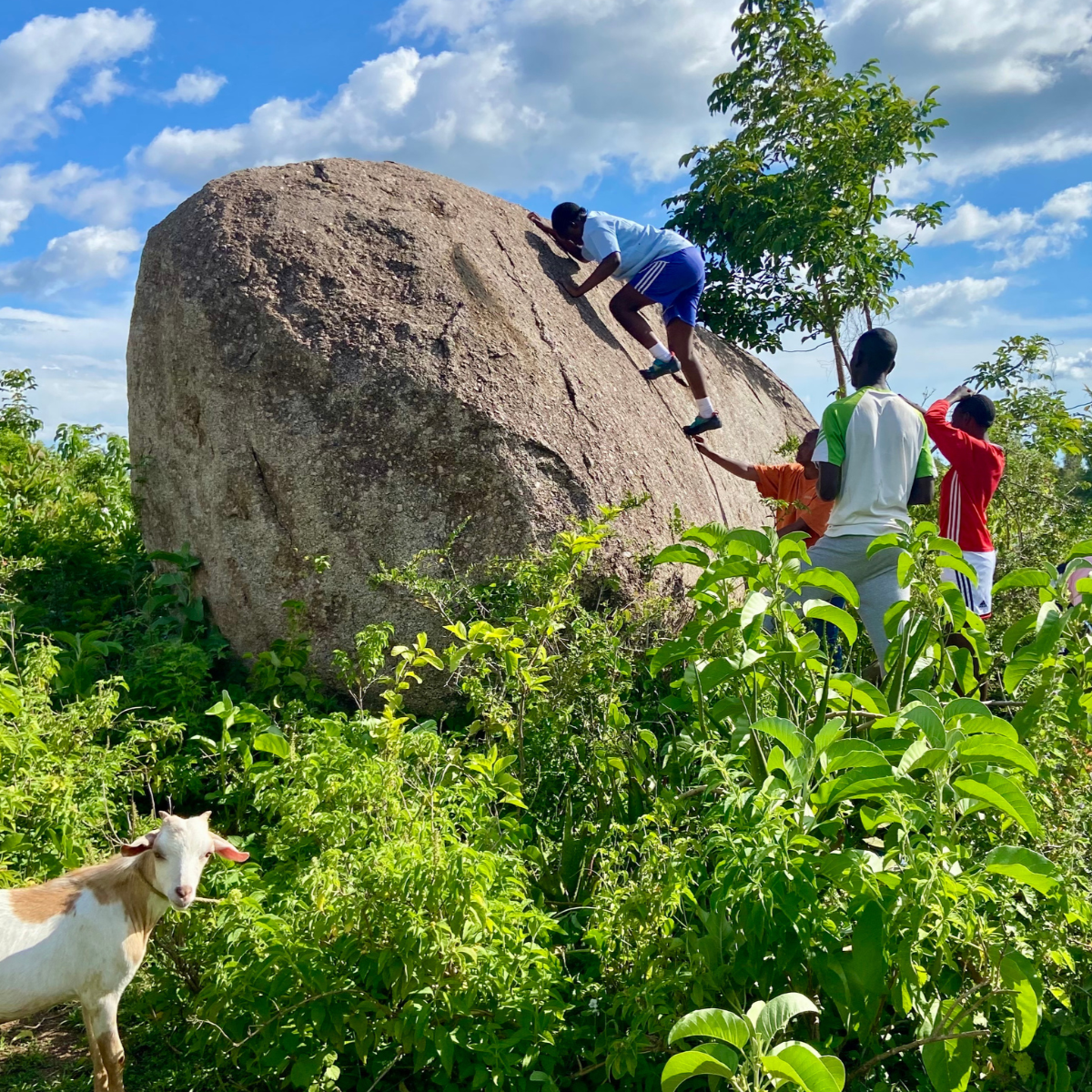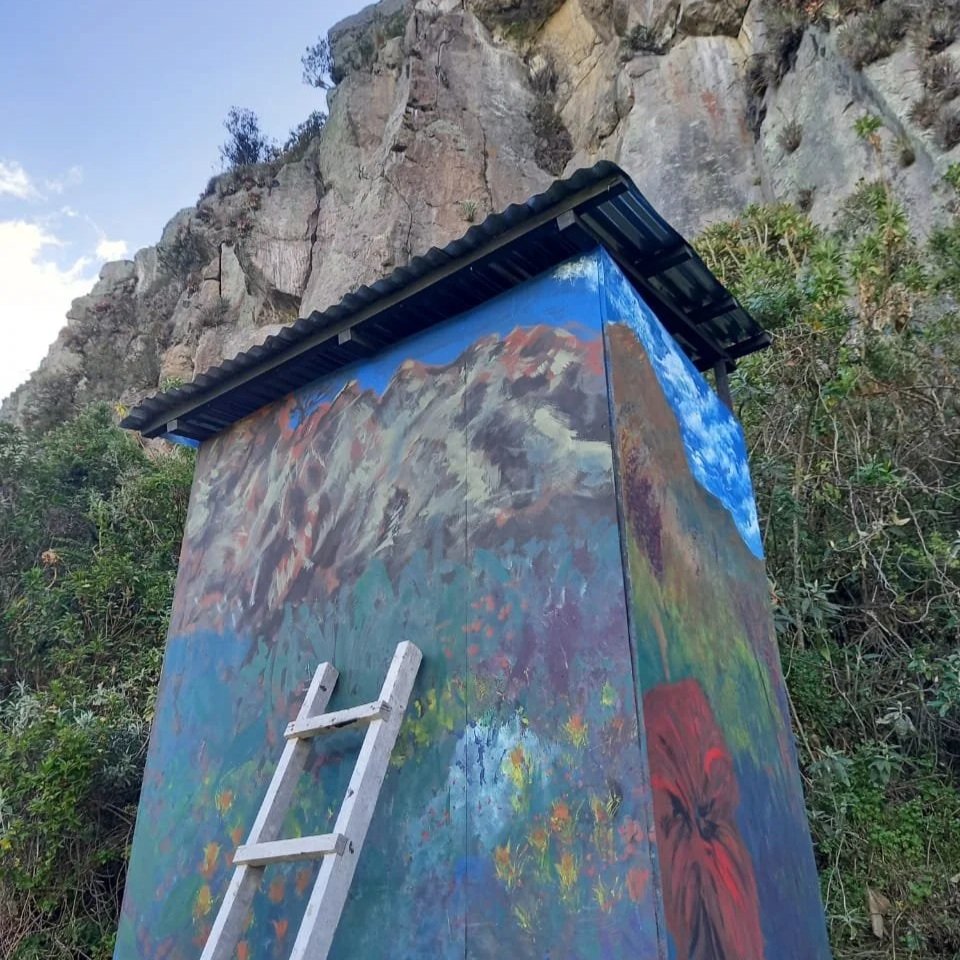-
Input this page’s URL to Google Translate
Overview
The Global Climbing Initiative’s Environmental Grants support locally led projects that care for climbing areas and promote responsible, sustainable climbing practices. These grants fund community-driven efforts to protect crags and surrounding environments, with a focus on practical, on-the-ground work shaped by local knowledge, ethics, and priorities as climbing continues to grow worldwide.
What is an environmental project?
Environmental projects focus on protecting, preserving, and sustaining natural climbing areas by reducing human impact, improving site infrastructure, and educating climbers on responsible stewardship practices. Strong environmental projects demonstrate how local climbers are actively caring for the places they climb and taking responsibility for the long-term health and accessibility of their climbing environments.
What this grant supports
We fund direct-impact projects with clear, measurable outcomes that improve the sustainability of climbing areas. Examples include:
Trail stewardship, erosion mitigation, and access improvements
Belay platforms and durable climbing infrastructure
Signage to support safety, access, and responsible use
Trash, waste mitigation, and sanitation projects
Parking area improvements that reduce environmental impact
Stewardship trainings and Leave No Trace education
This list is not exhaustive. We welcome other project ideas that align with the goals of environmental stewardship and sustainable climbing.
Eligibility criteria
Projects must be:
Related to climbing (indoor or outdoor)
Led by a local climbing organization with demonstrated climbing-related impact
Proposed by a local leader of that climbing organization
Located outside of the continental United States, or led by an Indigenous community within the U.S.
Additionally, eligibility is subject to compliance and risk considerations.
Organizations may not receive funding in the same grant category in back-to-back cycles. Applications from past grant partners are welcome in non-consecutive cycles or in a different grant category and will be evaluated equally alongside all other proposals.
Grant parameters
Grant amount: Up to $1,000 USD in the Environmental category
Project leadership: Local climbing organization
Project period: Six months (see current cycle dates)
Strong proposals include:
A clear scope of work
Defined goals and measurable environmental impact
A realistic timeline and detailed budget
Factors in selection
Because we receive more applications than we can fund, we prioritize proposals that demonstrate:
Clear alignment with the Environmental Grant category
The project directly addresses environmental stewardship and sustainable climbing practices.Local leadership and community engagement
The project is led by local climbers and shaped with input from the community it serves.Capacity and follow-through
The organization has the experience, structure, and team needed to complete the project.Measurable impact
The proposal clearly explains what will change as a result of the project and how success will be measured.Feasibility and sustainability
The project has a realistic plan and contributes to lasting environmental benefit beyond the grant period.Equity and representation
Projects led by climbers who are Black, Indigenous, People of Color, or from other underrepresented groups are prioritized.Financial and operational transparency
Strong applications include a detailed, well-reasoned budget and timeline.Alignment with GCI values
The proposal reflects GCI’s foundational values and commitment to locally led, community-driven work.
What we can’t fund
Our Environmental Grants cannot support:
Projects located in the continental United States (unless led by an Indigenous community)
Projects not led by local climbers
Projects without a clear connection to climbing
Projects not centered on environmental impact
Research, academic projects, conferences, or white papers
Social media or public awareness campaigns
Political campaigns or advocacy
Land acquisition, easements, or endowments
Salaries, stipends, or general operating costs
Proposals without a clear scope, plan, or timeline
Grant partner requirements
Grant recipients are required to:
Sign a memorandum of understanding (MOU), code of conduct, and photography agreement
Attend a project kickoff meeting with GCI
Name us as a supporter/sponsor in any public communications (such as social media) related to the project
Within 60 days of project completion, grant partners must provide:
Folder of quality photos
1-2 page project summary
Qualitative and quantitative metrics
Quotes/testimonials from the project team
A short survey
Collaboration with GCI on a social media post
Spring 2026 Grant Timeline
January 5-28: Initial application
Mid-January: Informational webinars
February 2-25: Project proposal (by invitation only)
March 18: Decisions sent
March 23-31: Grant meetings
April 1-September 30: Project period
60 days after completion of project: Photos, summary, impact metrics due
Asociación Dominicana de Escalada y Montañismo
Dominican Republic
Campground and bathrooms for a new climbing site in La Altagracia
Belay Partners
Mexico
Escalópolis, a board game teaching Leave No Trace principles
Cebu Rock Climbing Community
Philippines
Belay platforms for erosion mitigation in Cantabaco
Club Millantu
Chile
Erosion control, environmental conservation, and crag rehabilitation in El Manzano
Desertika Escalada
Chile
Trail restoration, safety improvements, and biodiversity protection at Paso Jama
Escalada Libre
Mexico
First crag toilet and water education at El Salto
Escalada Sustentable
Mexico
Leave No Trace workshops in El Salto, La Huasteca, and Potrero Chico
Yago Bouldering
Kenya
Sanitation, tree planting, and clean-ups protecting the Kisumu boulder field
8vos a los 30s
Ecuador
Waste management and environmental education in La Chimba
Please send any questions to grants@globalclimbing.org
